TCMCN
-
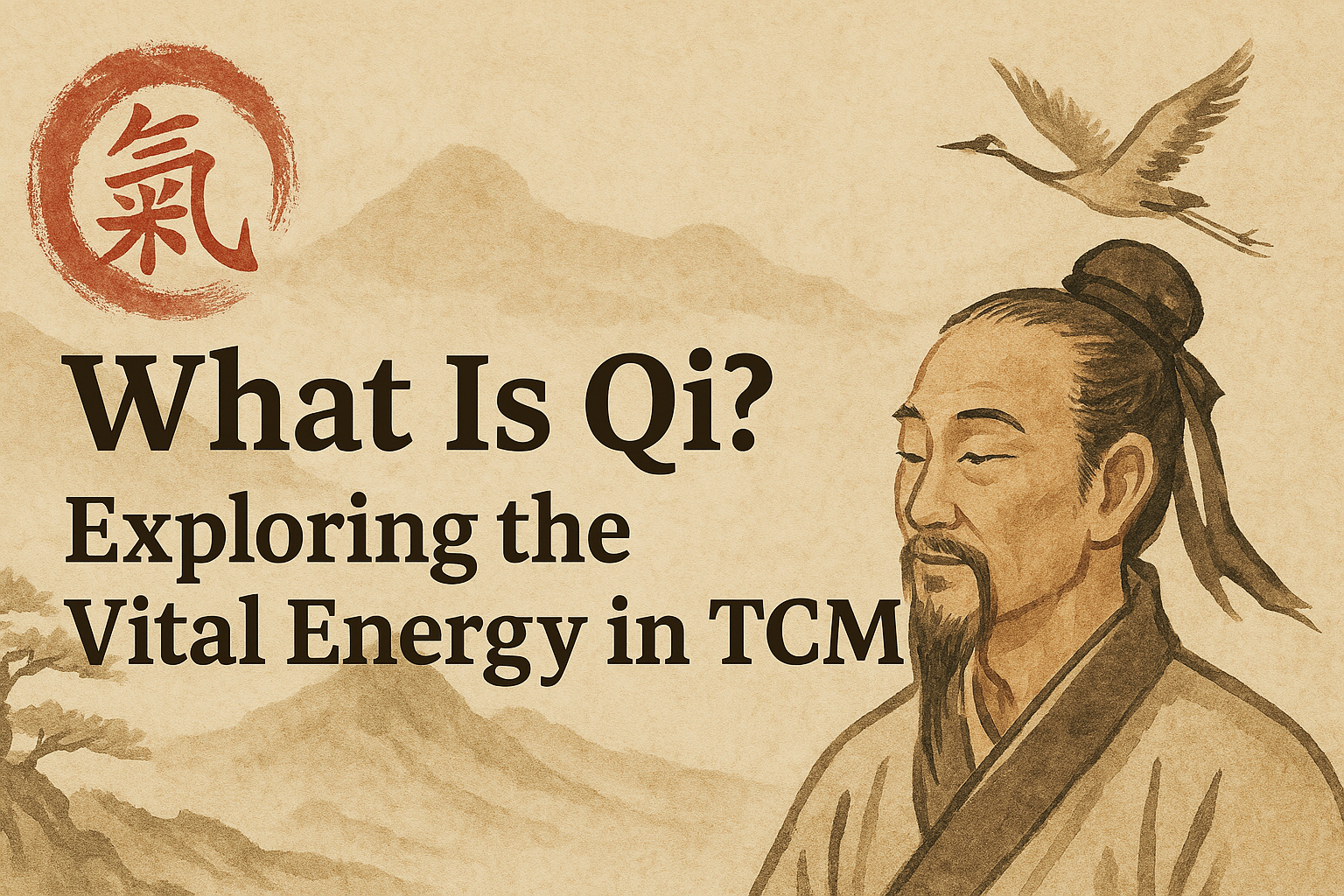
What Is Qi? Exploring the Vital Energy in TCM
In Traditional Chinese Medicine (TCM), Qi (气) is one of…
-
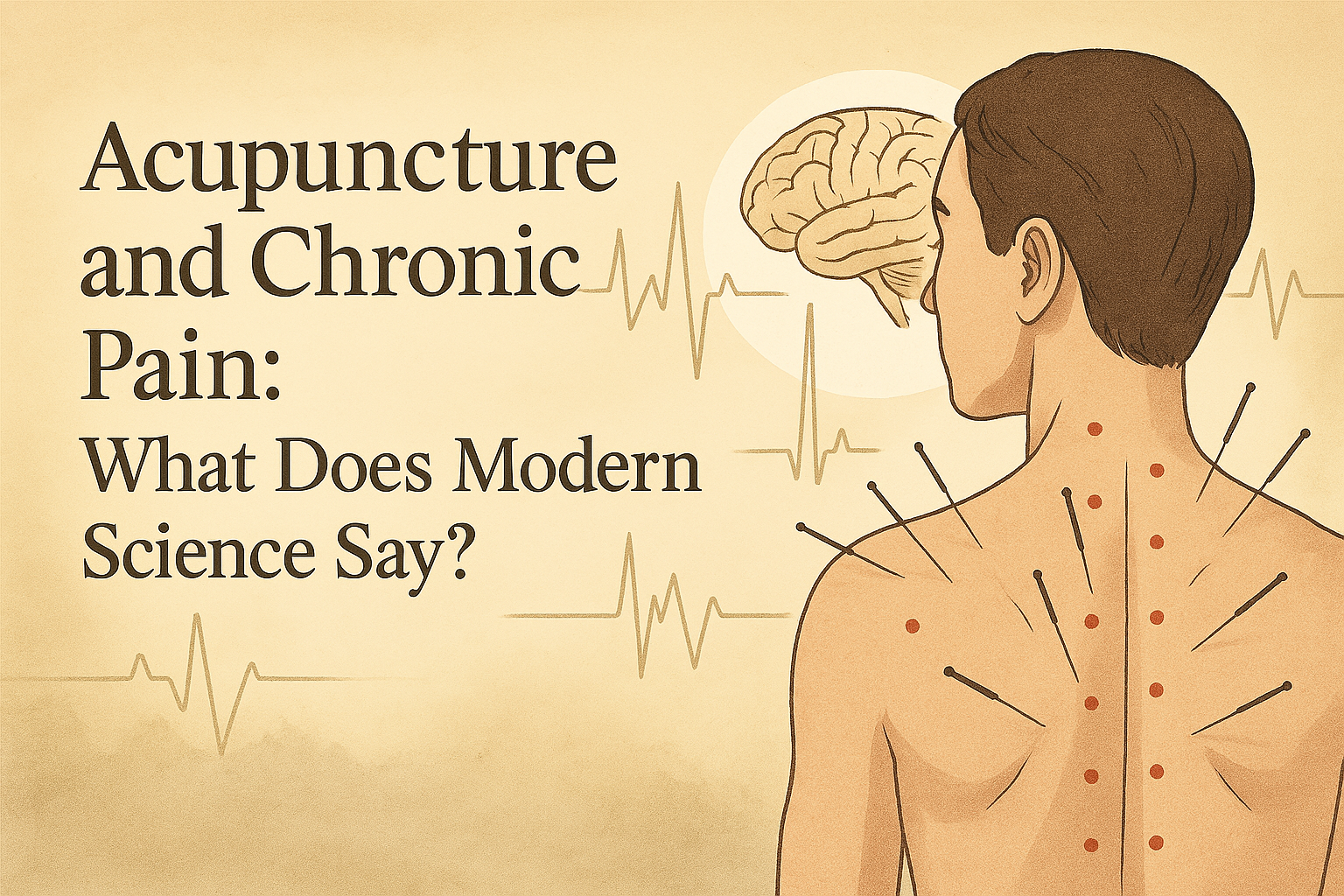
Acupuncture and Chronic Pain: What Does Modern Science Say?
Acupuncture, a core component of Traditional Chinese Me…
-
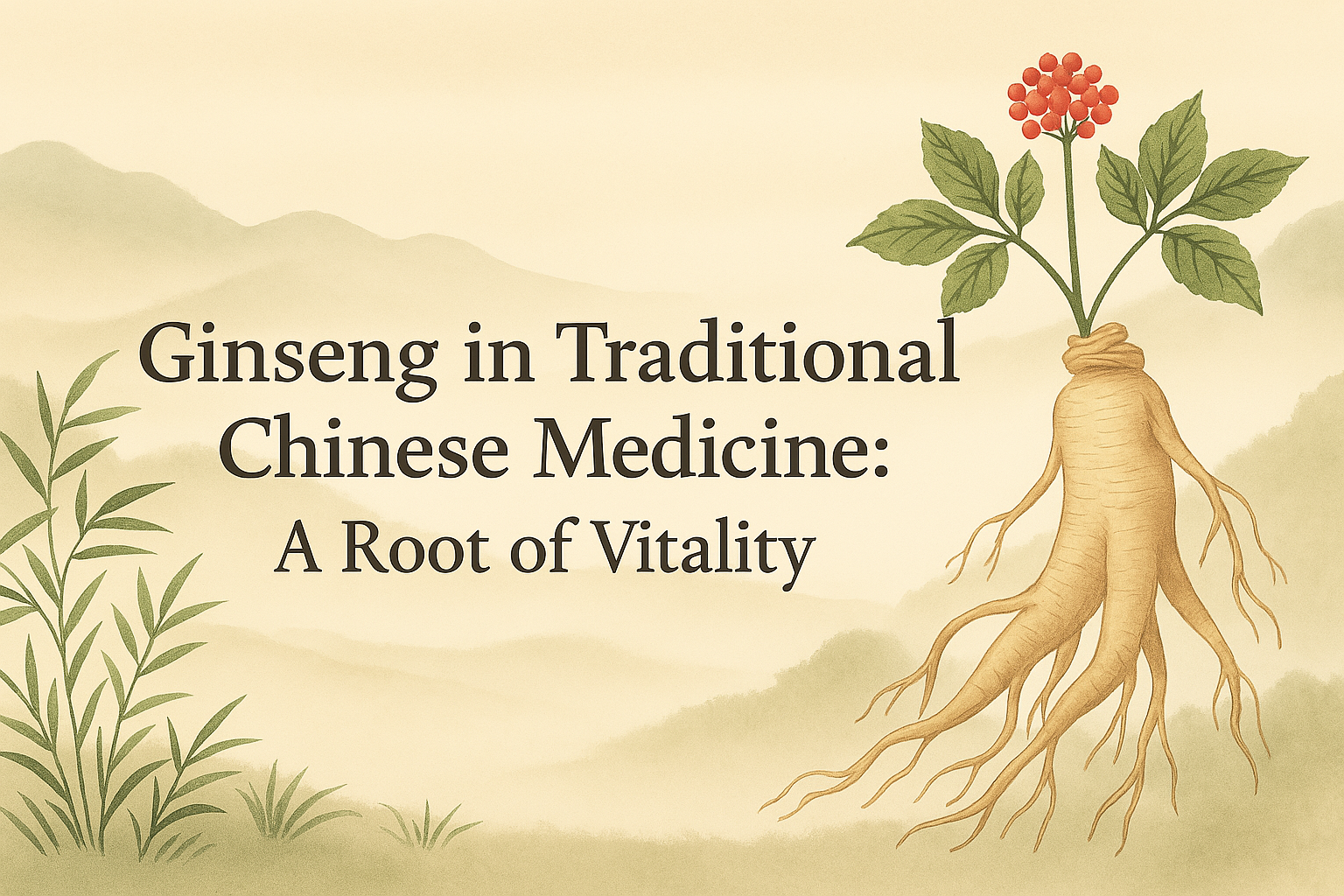
Ginseng in Traditional Chinese Medicine: A Root of Vitality
Ginseng, known as Ren Shen (人参) in Traditional Chinese …
-
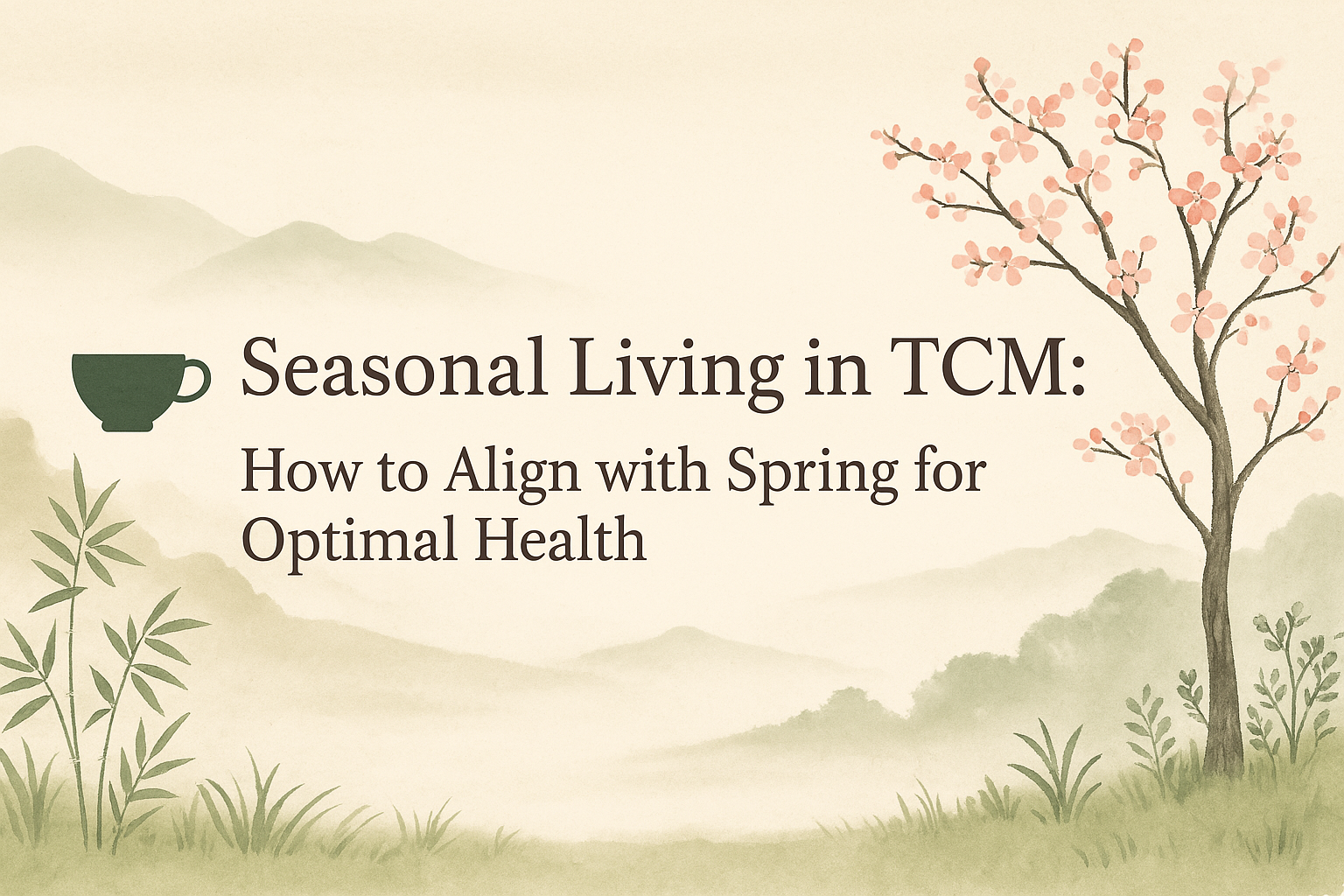
Seasonal Living in TCM: How to Align with Spring for Optimal Health
In Traditional Chinese Medicine (TCM), seasonal living …
-
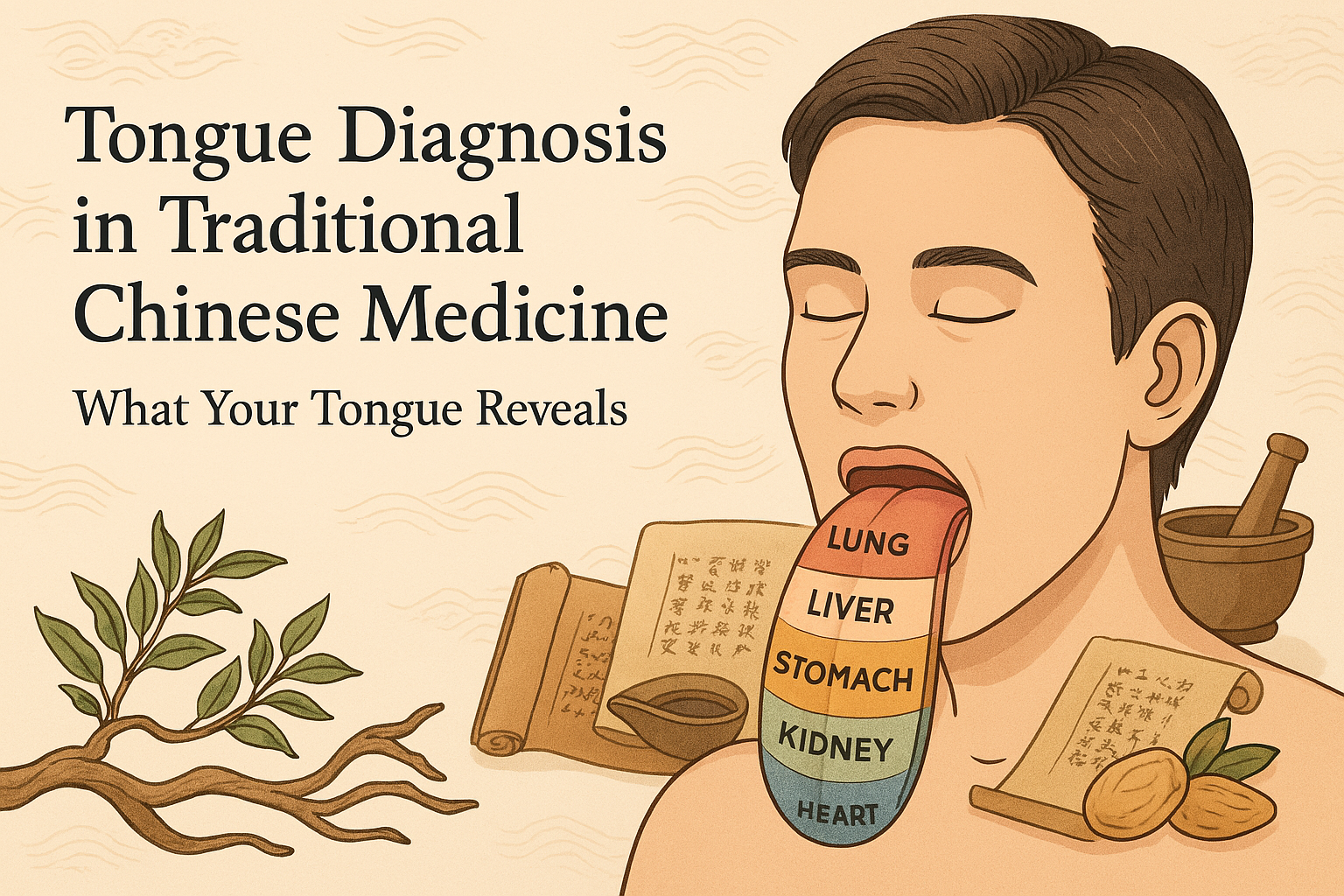
Tongue Diagnosis in Traditional Chinese Medicine: What Your Tongue Reveals
In Traditional Chinese Medicine (TCM), tongue diagnosis…
-
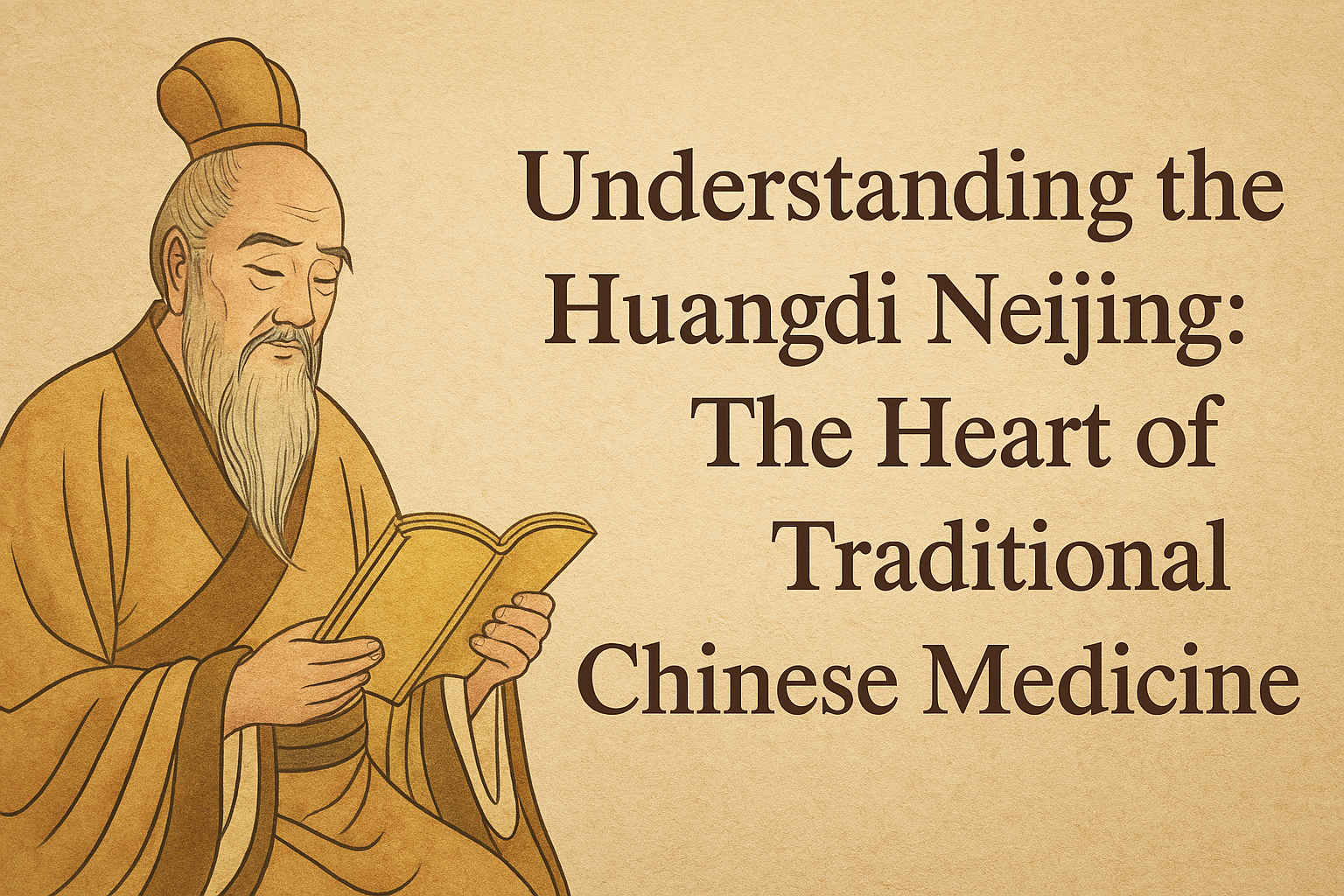
Understanding the Huangdi Neijing: The Heart of Traditional Chinese Medicine
The Huangdi Neijing, also known as the Yellow Emperor’s…
-
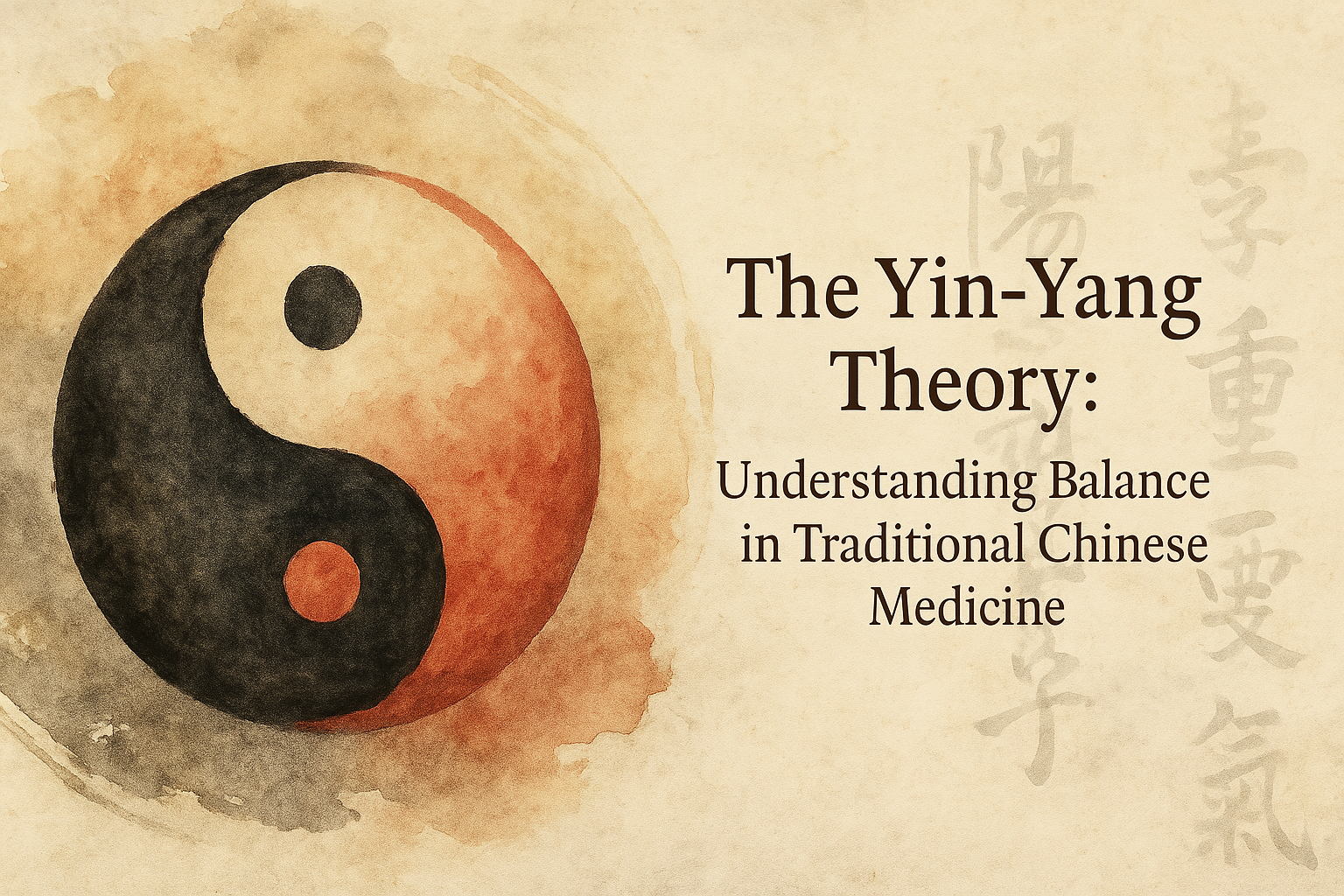
The Yin-Yang Theory: Understanding Balance in Traditional Chinese Medicine
In Traditional Chinese Medicine (TCM), the Yin-Yang the…
-
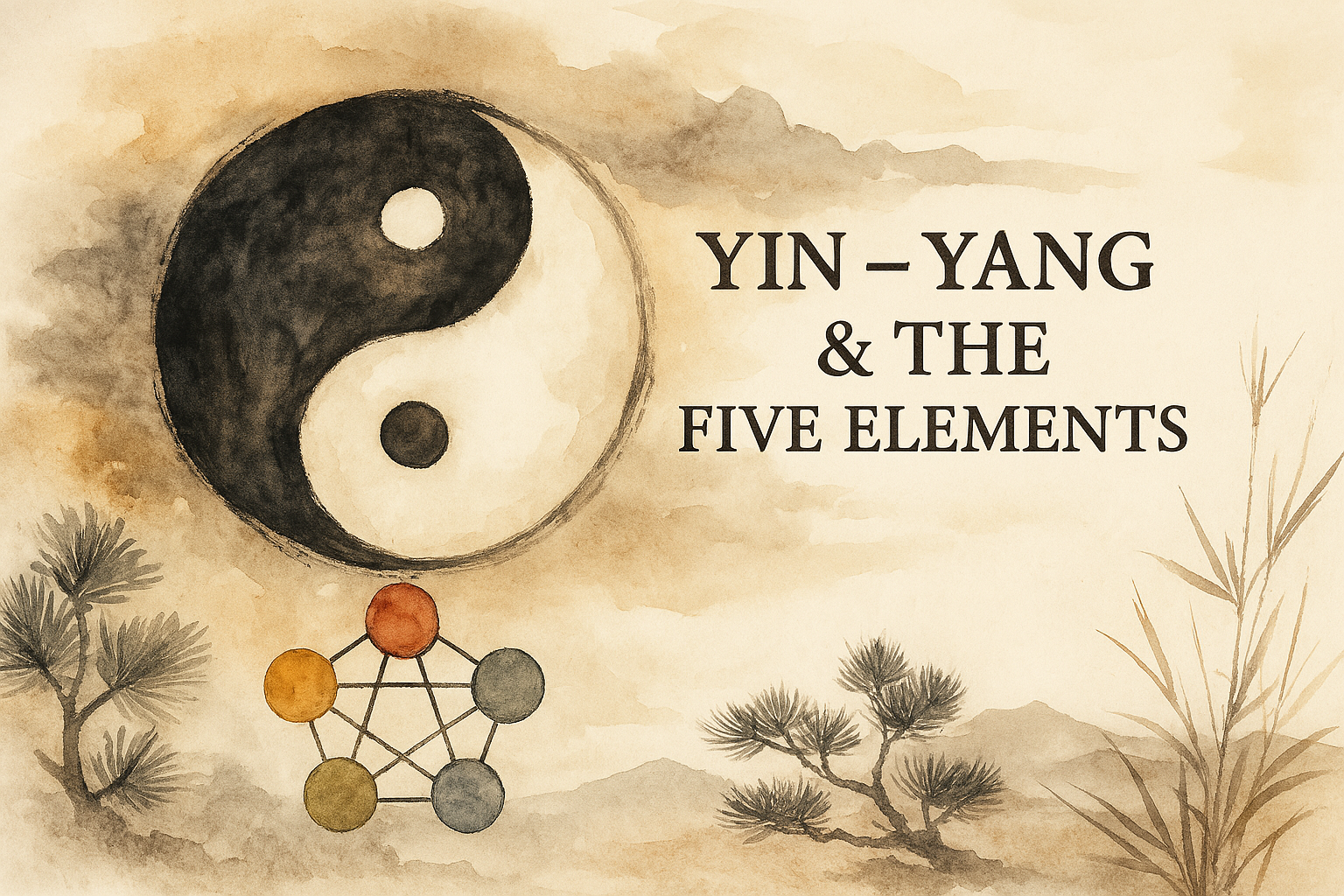
Understanding Yin-Yang and the Five Elements: Foundations of Traditional Chinese Medicine
Introduction Yin-Yang and the Five Elements (Wu Xing) a…
